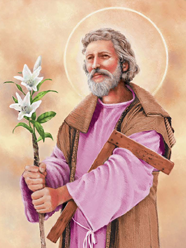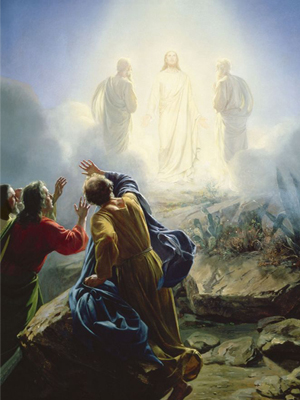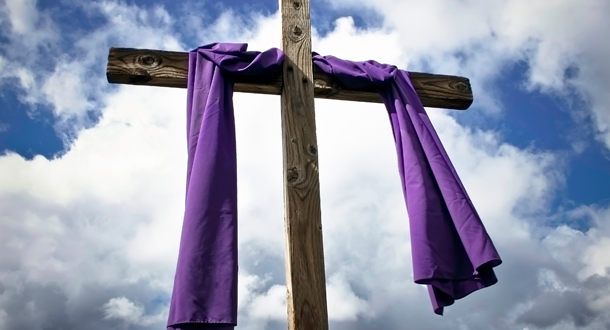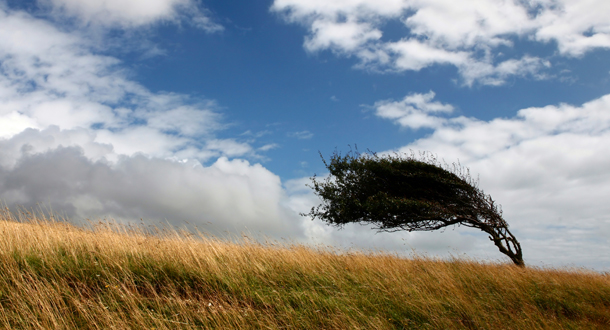
Scripture:
Genesis 37:3-4, 12-13a, 17b-28a
Matthew 21: 33-43,45-46
Reflection:
For so many years, Lent was a time for giving up things such as dessert, going to movies, etc. The focus was on giving up something that I liked instead of doing something hard such as working on my faults. In today’s first reading, Joseph’s brothers were so spiritually dead that they could not even greet him or be kind to him. Considering the behavior of Joseph’s brothers should enable us to examine the difficult things about ourselves. Lent is a time for us to take the pulse of our spiritual life. If there are no daily efforts to foster a spiritual life, or we refuse to speak or be kind and loving to others then we must consider that our spiritual life could be dead (spiritual arrest) or non-existent.
How do I spiritually resuscitate myself? To foster spiritual self-renewal, we should engage in spiritual life-giving practices like daily prayer, daily meditation, scripture study, and acts of service; seek forgiveness and cultivate gratitude; and find time for reflection, solitude, and connection with nature or others. (Adapted from Self-Renewal on Google). It is important to have time set aside for daily spiritual activities. It is advantageous to designate a specific area in one’s home that is quiet, free from noise, and conducive to silence, reflection, and prayer. A healthy spiritual life requires daily attention through spiritual practices.
Lord, may I have the strength to engage in daily spiritual renewal activities, allowing me to grow closer to you, my loved ones, and everyone I encounter.
Carl Middleton is a theologian/ethicist and a member of the Passionist Family.







